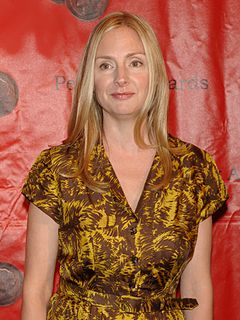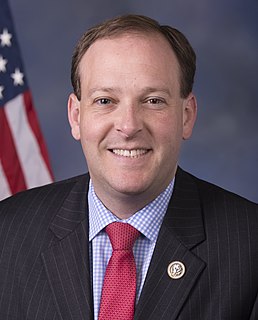A Quote by Hope Davis
I've seen a lot of the United States, having stayed in so many different cities and towns for work. It's such a strange and fascinating country, and instead of learning about it through a textbook, I would rather discover its history and traditions and institutions through fiction and nonfiction writers.
Quote Topics
About
Cities
Cities And Towns
Country
Different
Discover
Fascinating
Fiction
Fiction And Nonfiction
Fiction Writer
Fiction Writers
Having
History
Instead
Institutions
Learning
Lot
Many
Nonfiction
Rather
Seen
States
Stayed
Strange
Textbook
Through
Towns
Traditions
United
United States
Work
Would
Writers
Related Quotes
In the Islamic world, the U.S. is seen in two quite different ways. One view recognizes what an extraordinary country the U.S. is. Every Arab or Muslim that I know is tremendously interested in the United States. Many of them send their children here for education. Many of them come here for vacations. They do business here or get their training here. The other view is of the official United States, the United States of armies and interventions.
In the Islamic world, the U.S. is seen in two quite different ways. One view recognizes what an extraordinary country the U.S. is.The other view is of the official United States, the United States of armies and interventions. The United States that in 1953 overthrew the nationalist government of Mossadegh in Iran and brought back the shah. The United States that has been involved first in the Gulf War and then in the tremendously damaging sanctions against Iraqi civilians. The United States that is the supporter of Israel against the Palestinians.
I think, about the distinction between fiction and nonfiction. Fiction is not really about anything: it is what it is. But nonfiction - and you see this particularly with something like the BBC Samuel Johnson Prize for Non-Fiction - nonfiction we define in relation to what it's about. So, Stalingrad by Antony Beevor. It's "about" Stalingrad. Or, here's a book by Claire Tomalin: it's "about" Charles Dickens.
In no circumstance would the United States or any other nation have the right to mount a military invasion to overthrow another government for the ostensible purpose of achieving disarmament. Rather, the United States would respect the Charter of the UN and would strive to achieve disarmament and settle the differences among nations through peaceful diplomatic means.


































